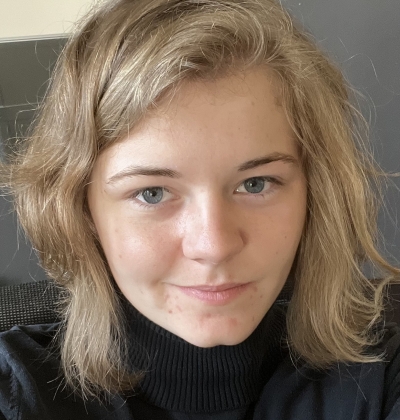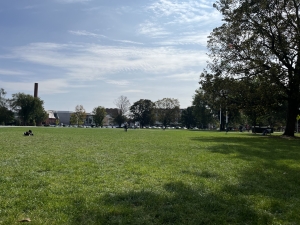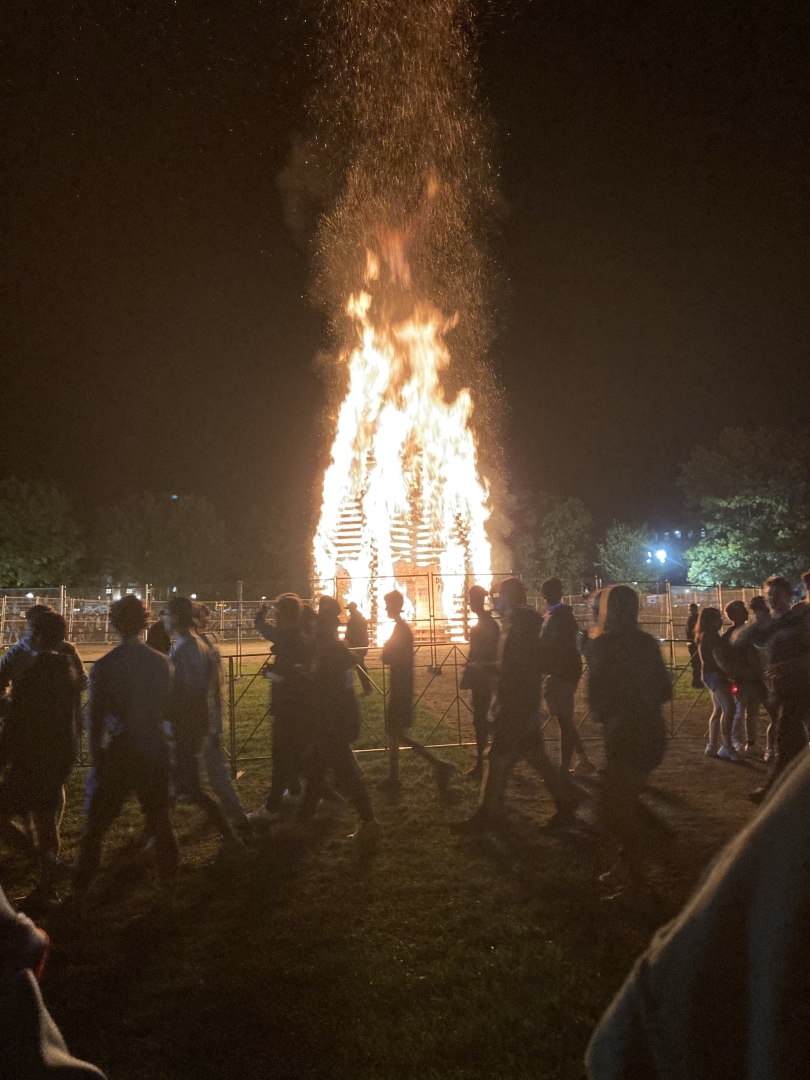
Dartmouth's Liberal Arts: Kennedy Edition
Because our liberal arts requirements are not specific classes, every Dartmouth student takes completely different courses to fulfill the same requirements. Since I'm a senior, I want to tell you about the courses I took at Dartmouth to meet my "distributive requirements." An important thing to remember about distributive requirements is that they can also count toward your major, which means they often require fewer credits than expected.
1. Art: Recently, I took Writing for the Screen I with Professor Phillips. This workshop had ten students in it, and we spent the term learning industry norms for screenplays, as well as strategies for crafting great narratives, dialogue, and characters. Workshopping has always been something I enjoy, especially in this class. (Fun fact: I'm finishing that screenplay I started now!)
2. Literature: Another distributive I didn't have trouble with, considering I'm an English major! I racked up a lot of these, and one of my favorites was Intro to Literary Theory with Professor Edmondson. This twelve-person class featured a seminar-style discussion of everything from Harold Bloom to Frederick Jameson to Derrida.
3. Systems and Traditions of Thought, Meaning, and Value: Dartmouth students colloquially call this the TMV distributive. TMV classes are usually related to philosophy or religion. Mine was a religion and Middle Eastern Studies class called Radical Islam. I took it for the distributive requirement, and the material was fascinating. Not only did I learn a lot more about Islam's mainstream iterations, but I also got a fascinating insight into the radical ideologies behind 9/11.
4. International or Comparative Study: This was a class I chose somewhat at random—New Latin American Cinema—and I cannot express how glad I am that I took this course with the excellent visiting lecturer, Professor Almeida. One of the best parts of the liberal arts is that it allows you to see the world through new eyes, and I never saw any movie the same way again after this course. Starting from the beginning of Latin American cinema allowed us to track the growth of the cinematic innovations that we take for granted today. Did you know someone had to invent the montage?!

5. Social Analysis (two courses): When I was a freshman, I explored a lot while trying to figure out my major. Two prospective majors I ended up not picking were psychology and economics. But Psych 1 and Econ 1 did not go to waste (not that knowledge is ever a waste)—they fulfilled my social analysis distributive requirements.
6. Quantitative & Deductive Science: "QDS" is basically a fancy term for math and logical reasoning, and because I'd never taken a statistics course and really like economics, I took Econ 10, the econ department's statistics class.
7. Natural and Physical Science (two courses): These are labeled either as SCI or SLA on the course catalog. In my first fall, I took Chemistry 10, an accelerated honors course. This also fulfilled my laboratory sciences requirement. (Remember what I said about courses often fulfilling multiple requirements?) For my second science course, I took ASTR 2, an introductory astronomy course. I have an amateur enthusiasm for both astronomy and chemistry, so I was genuinely excited to take both courses. I got to synthesize chemicals in a state-of-the-art lab and see Saturn through a telescope on the Green. What more could I ask for?
8. Technology or Applied Science (TSA/TLA): Music 25, also known as Sonic Arts I, is a class that mixes hands-on music production, the history of sampling, the technology behind twentieth-century recording technologies, and analysis of contemporary music composition. The school loaned us recording equipment and powerful production software, with which we made multiple songs during our time in the class, which culminated in a concert. Seriously, it's one of the coolest classes I have ever taken.
You may have also seen that we have "World Culture Requirements," but these can be fulfilled by the same classes with which you get your distributive or major requirements. Most people I know barely have to think about fulfilling these—it sort of simply happens. For instance, my Middle Eastern Studies class that fulfilled my TMV requirement also fulfilled my Non-Western Cultures requirement.
I am a huge proponent of the liberal arts, both because I believe strongly in the foundation of education they give you, and because I personally love learning about everything. If that describes you, a liberal arts curriculum can be similarly rewarding.


















